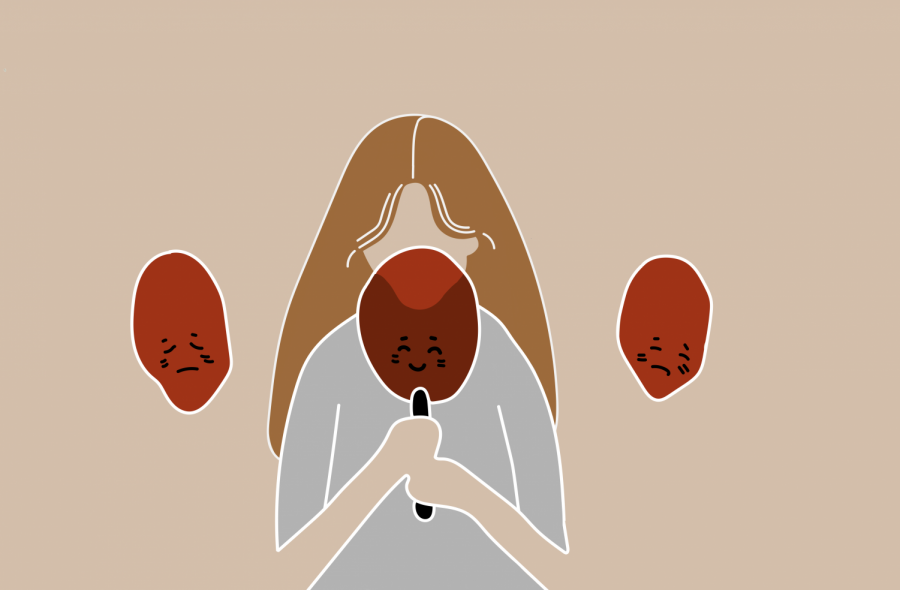Every 40 seconds. Tackling suicide stigma on World Suicide Prevention Day
September 10, 2019
Issue: Suicide is the 10th leading cause of death for adults in the United States, and the stigma surrounding the is- sue is a troubling commonality around the world.
Our stance: Days like today — World Suicide Prevention Day — should receive as much attention as possible in order to show those struggling with their mental health that they are not alone and that there is a plethora of resources people can use to seek help.
While the stigma of suicide has stopped people from getting the help they desperately need in the past, today’s mental health environment is starting to become more accepting and understanding of the challenges people who are different than them face.
There is a saddening misconception from some people that making your suicidal thoughts or depression known makes you “dramatic,” “weak” or “needy.” This type of vocabulary and outlook needs to be eliminated so people can receive much needed support. A person deciding to share their mental health problems means they are trying to take the necessary steps to living a better lifestyle.
Willingly sharing personal issues like this empowers others to do the same and combats the stigma.
In late February 2018, then- Toronto Raptors guard DeMar DeRozan told Sports Illustrated about his ongoing battle with anxiety, serving as a watershed moment in the way the media and public viewed the mental health of celebrities. If DeRozan couldn’t be happy while making millions playing the childhood game he loved, then who could?
Later that same year in November, Kevin Love, another NBA star, penned an open letter chronicling his history with depression, hoping to communicate to the public that just because he is successful does not mean he is guaranteed a healthy mental state. Love also later said DeRozan was a driving force in what caused him to open up about depression.
Not only did DeRozan sharing his story make a fellow NBA player more comfortable with his situation, it also had a tangible impact on the league. The NBA announced last month that all 30 teams would be required to keep a mental health professional on staff.
College students and young adults can have this same effect on each other. Opening up about depression and suicidal thoughts not only shows you want help, it gives others the courage to do the same.
According to SAVE, suicidal thoughts, planning and attempts are more common among adults between the ages of 18 and 29 than any other age group, and feeling alone or isolated is a large factor. This is why the rate of suicide doubles for elderly people who are divorced or widowed rather than those married.
Suicide is also the second highest reason for death in the United States for people between the ages of 15 and 24, according to SAVE. While this is partially because younger people are generally in better health, it is still striking that the second main reason young people die is simply because they do not want to be alive anymore.
There is more help available for people with suicidal thoughts and depression than ever before, though. If someone confides in you that they are suffering from suicidal thoughts, help them get the assistance they need and deserve — and if you’re having suicidal thoughts or battling with depression, tell someone close to you or a professional. They want you to be healthy almost as much as you do.
Anyone suffering from suicidal thoughts or depression can call the National Suicide Hotline at 1-800-273-8255.















